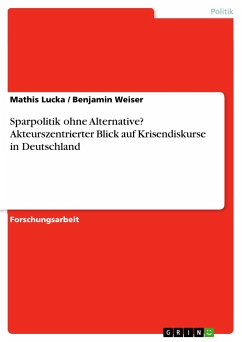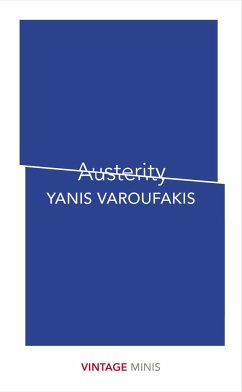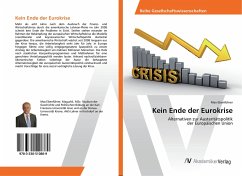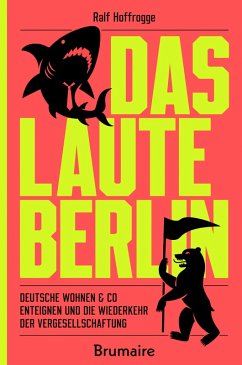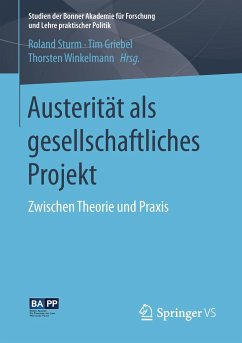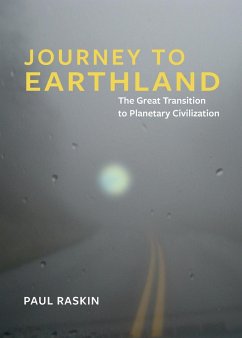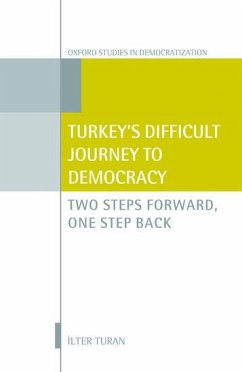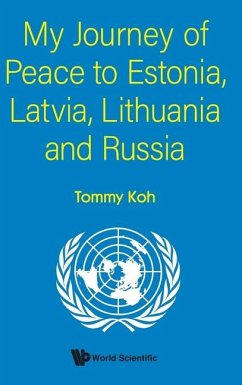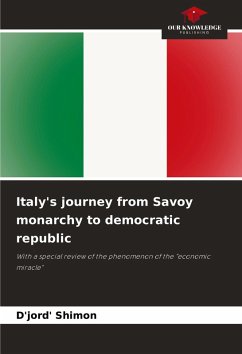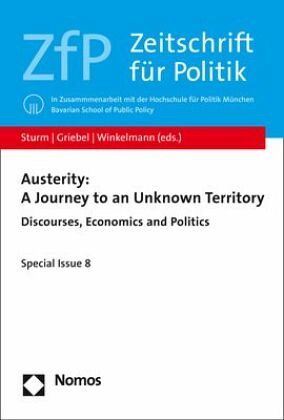
Austerity: A Journey to an Unknown Territory
Discourses, Economics and Politics
Herausgegeben: Sturm, Roland; Griebel, Tim; Winkelmann, Thorsten

PAYBACK Punkte
0 °P sammeln!
Austerity is still a hotly debated topic that cannot be reduced to cuts in public spending. On the contrary, austerity is a complex terrain that stretches across economic, political and cultural dimensions. Some observers, therefore, speak of an 'Age of Austerity'. But the causes and consequences of this central issue of our time remain controversial. Supporters of austerity argue that it is a rational way back to financial sustainability and economic growth, whereas critics think that it is a dangerous neo-liberal idea that "bites" or even "kills". This book combines tools from linguistics, e...
Austerity is still a hotly debated topic that cannot be reduced to cuts in public spending. On the contrary, austerity is a complex terrain that stretches across economic, political and cultural dimensions. Some observers, therefore, speak of an 'Age of Austerity'. But the causes and consequences of this central issue of our time remain controversial. Supporters of austerity argue that it is a rational way back to financial sustainability and economic growth, whereas critics think that it is a dangerous neo-liberal idea that "bites" or even "kills". This book combines tools from linguistics, economics and political science to deal with the complexity of the different lands of austerity and the scientific "tribes" that live in them. This combination allows the book's authors to find an innovative way through the still rather unchartered territory of austerity.With contributions byPhilipp Adorf, Christoph Bruckmüller, Constantine Dimoulas, Vassilis K. Fouskas, Brian Girvin, Klaus Gretschmann, Tim Griebel, Reiner Grundmann, Bob Jessop , Kim-Sue Kreischer, Sabina Monza, Wolfram Ridder, Mike Scott, Roland Sturm, Erik Vollman, Claudia Wiesner and Thorsten Winkelmann.




